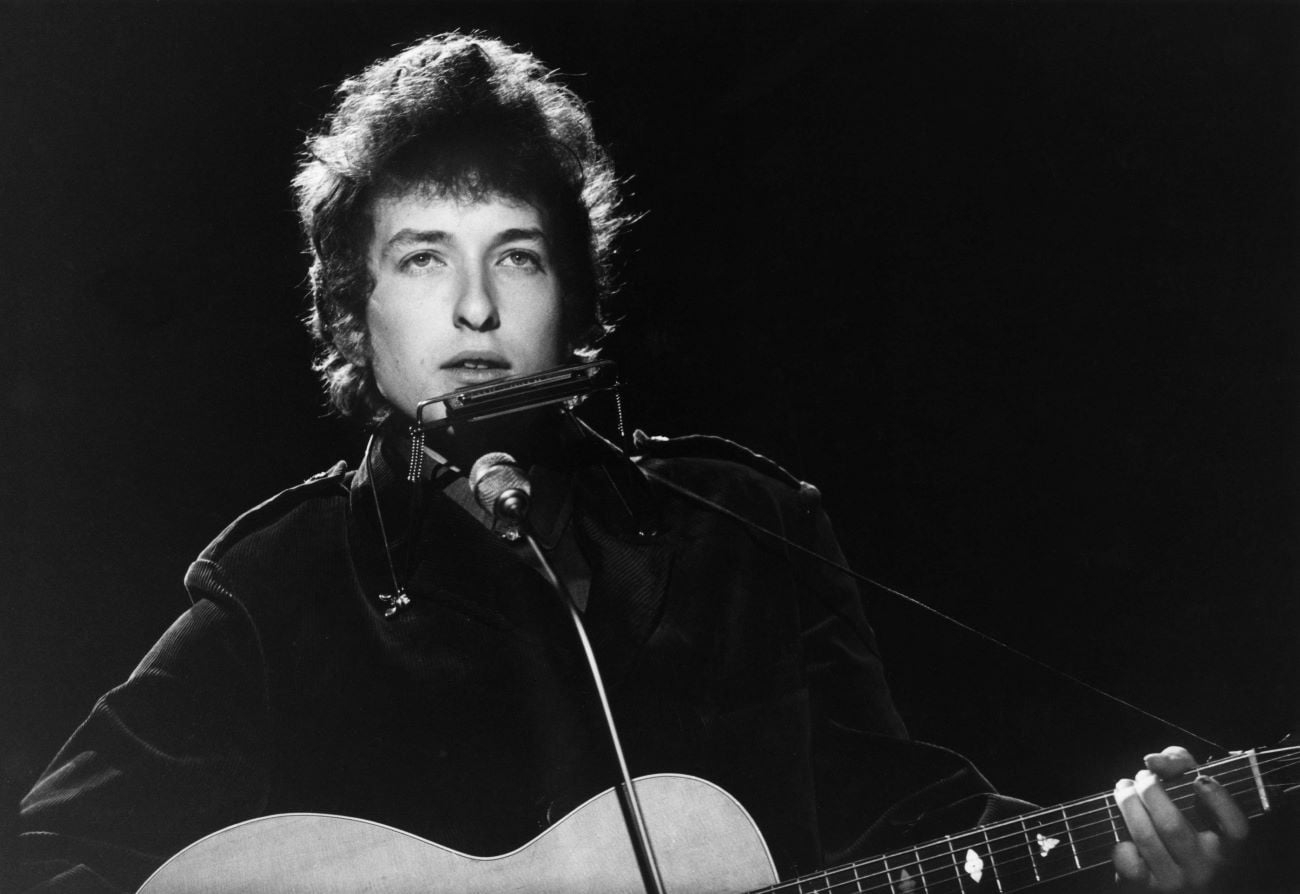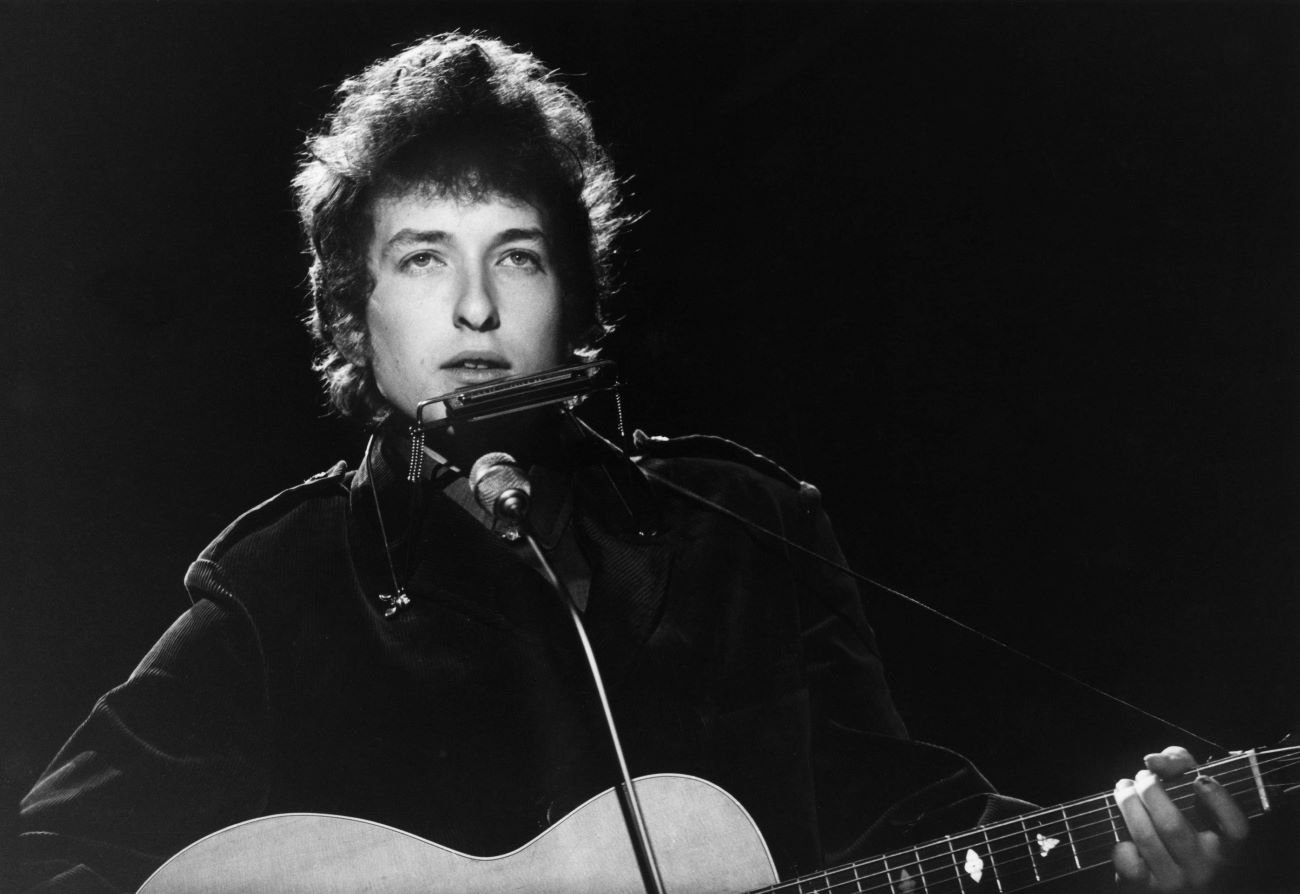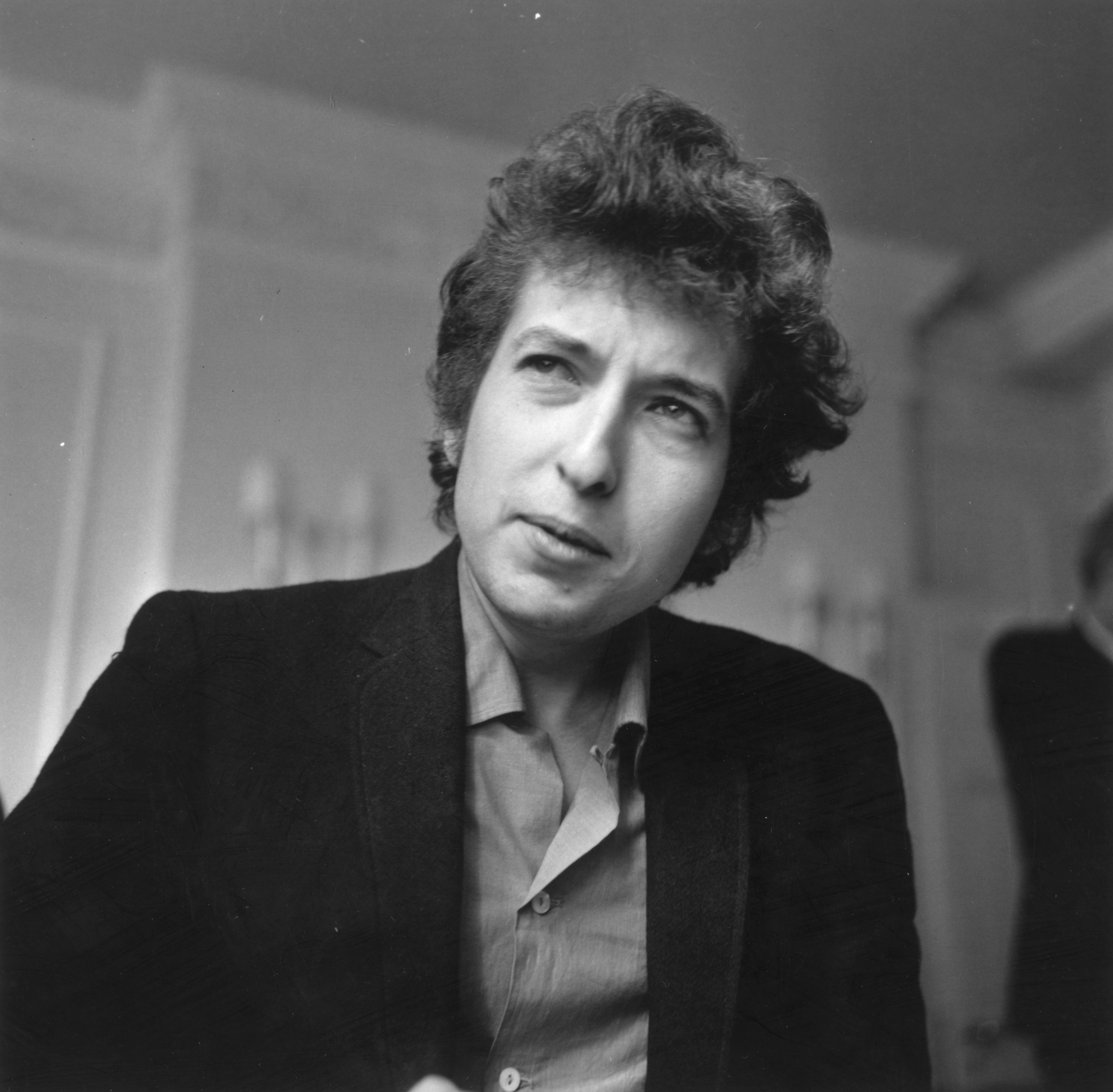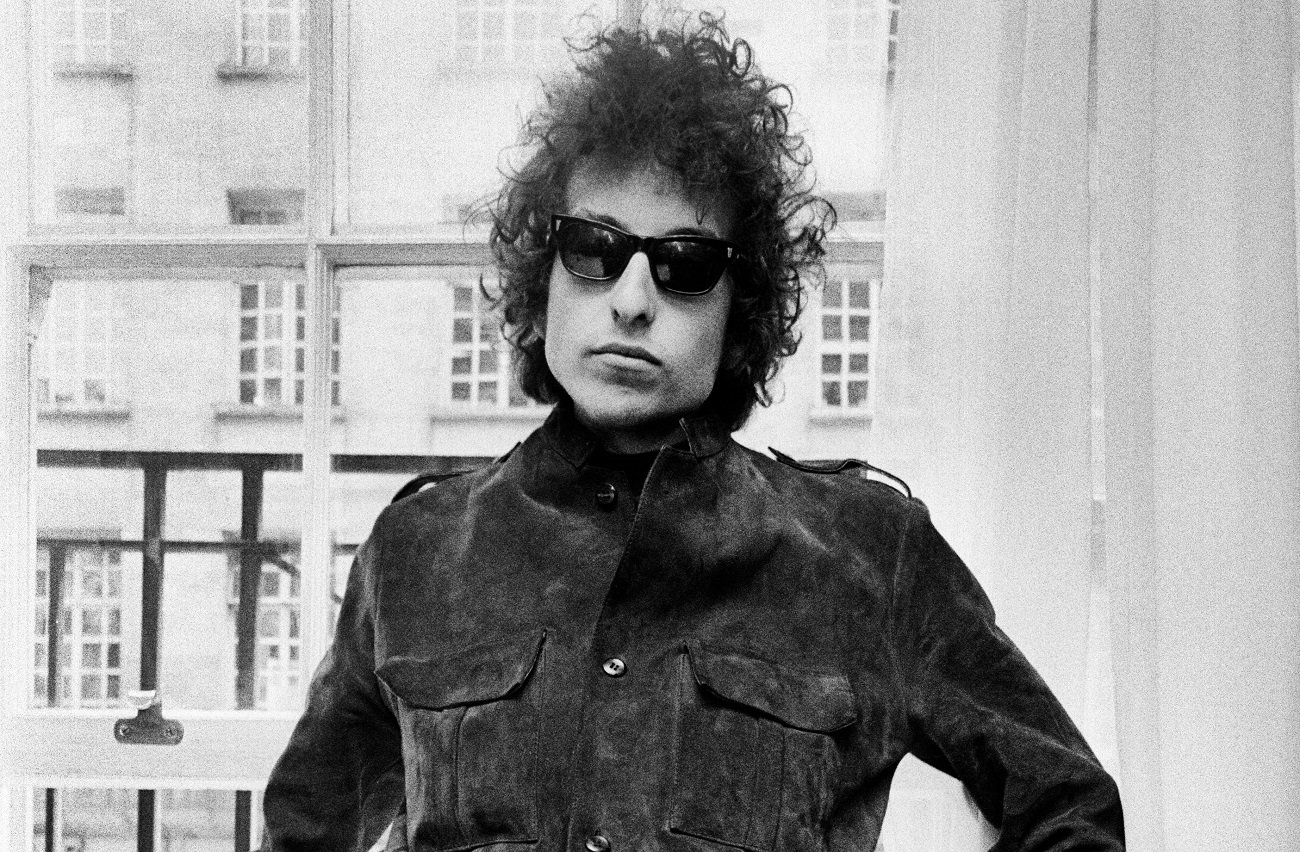
Bob Dylan Was ‘Cruel’ Because He Was ‘Used to Everybody Applauding Any Idea That Came Into His Head,’ Said a Friend
Bob Dylan has been a successful and widely praised musician for decades, and a friend said this meant he was sometimes cruel. He explained that even in the nascent days of Dylan’s music career, he was used to people celebrating him. Because people were afraid to contradict or stand up to Dylan, his behavior verged on viciousness.

Bob Dylan’s road manager said he could be cruel
Even the people Dylan was closest to said he could be unpleasant to be around. His tour manager, Victor Maymudes, worked with Dylan for years. Over the decades, he said he had to put up with a lot.
“Bob would torture me; on occasion he was very hard on me,” Maymudes wrote in the book Another Side of Bob Dylan: A Personal History on the Road and Off the Tracks. “I drove him over to visit his parents at a house on Sixty-first Street in New York and he gets out and says, ‘You stay in the car. Don’t get out of the car.’ So that’s what I did, I just sat there.”

Dylan’s mother eventually brought Maymudes in the house to have cake. After he ate, Maymudes excused himself and went outside. Dylan followed and berated him for not staying in the car.
“I was expecting Bob to come freaking out at me any moment, and sure enough, he barreled out of the front door yelling at me,” Maymudes wrote. “‘You were in the house! I said stay in the car!’ Just completely nuts in broad daylight in New York City. Now, you have to understand this type of chemistry because it happens to all of us at certain times in our life. He could lose control more than other people and go off like that.”
A friend of Bob Dylan said he could be cruel because of the way people treated him
One of Dylan’s friends, David Cohen, said Dylan could be cruel when his privacy was invaded.
“Dylan was very hostile, a mean cat, cruel to people,” he said, per the book The Ballad of Bob Dylan: A Portrait by Daniel Mark Epstein, adding, “it was just too heavy for him, being the center of attention.”
With friends and fellow musicians, though, Dylan still had a proclivity for cruelty. His frequent punching bag was Phil Ochs, a protest singer. Friends recall Dylan saying things like, “You oughta find a new line of work, Ochs. You’re not doin’ very much in this one.”
On the rare occasion that someone stood up for Ochs, Dylan turned shocked and defensive.
“What do you want me to talk about?” he said. “I buy your wine, I try to be your friend. What do you want me to talk about? The rats in the sewers? Or the sunrise over the Hudson?”
Another musician, Dave Van Ronk, recalled a night where Dylan patronizingly tried to tell him to give up the blues in order to make more money. Van Ronk didn’t want to do this, but he sat and listened because he knew nobody would defend him.
“By that point,” Van Ronk said, “he had gotten used to everybody applauding any idea that came into his head.”
Eventually, Van Ronk grew tired of the not-so-subtle digs at his finances and level of success.
“Dylan, if you’re so rich, how come you ain’t smart?” he said before getting up and leaving.
He lives a relatively isolated existence
If Dylan’s tendency toward cruelty in group settings was a way to keep people at bay, it worked. According to one of his childhood friends, Louis Kemp, who is no longer in close contact with Dylan, he doesn’t have many friends.

“Most of the people around him are employees,” Kemp said, per the book Down the Highway by Howard Sounes.
Still, Dylan maintains a close relationship with his family.


